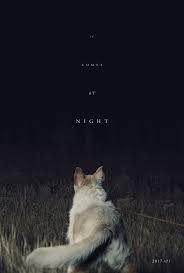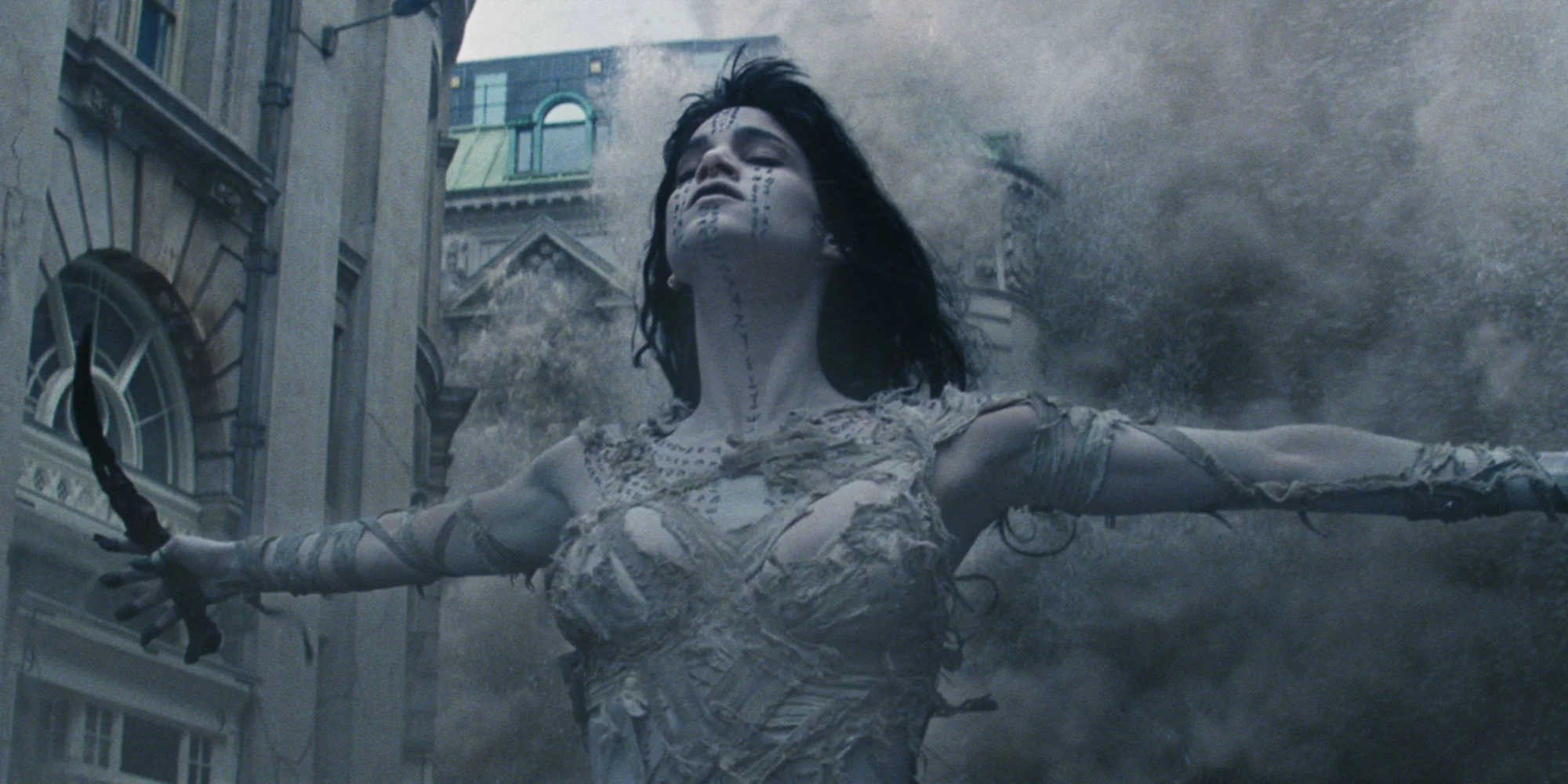"It Comes At Night" Review
Americans are primed for the apocalypse. Whether the deluge of doomsday preparation and undead apocalypse TV shows or cardio-based zombie evasion fun runs, we’re a nation steeped in the possibility that all men will eventually become zombies. And when that time comes we’ll have achieved a 40-yard-dash time quick enough to outrun the bloodthirsty masses to a fortified armory and help rebuild civilization. Escaping danger is our collective middle name.
Thing is, once we’ve hacked and slashed our way to safety, all that time spent locked away in the abandoned fort will be tedious. There’s drama, sure. Leaders will emerge and be challenged, resources will go dry and need replenishing and all our social networks will be useless. Survival is a waiting game, meal after meager meal, day after dull day, month after miserable month.
It Comes at Night, the second feature-length movie from Trey Edward Shults (Krisha), is laced with small doses of excitement, but spends much of its running time watching its characters wait in fear. Shults employs the camera as a tight third-person observer. While boogeymen real and imagined circle the limited world of the script, the camera is focused on the mental and physical strain our heroes suffer as they undertake survival. They are bound to a day-to-day exercise in trust, regiment and they hold a skeptical gaze toward any stranger in their midst.
The family in question is only identified as father Paul (Joel Edgerton), mother Sarah (Carmen Ejogo) and son Travis (Kelvin Harrison Jr.), as fear has a way of grinding units down to individuals. The familial clan of survivalists are holed up in the woods while an ambiguous plague threatens the world around them. At the start of the film, the illness has already claimed one other family member, but little else is explained about its origin or effects. It Comes At Night is not about the fight against the undead, but the threat of sickness penetrating the family unit. It opens in a tragedy meant to solidify the family unit and warn the viewer of both the outsider itself and the fear of outsiders.
After the deceased is laid to rest Paul, Sarah and Will must move on and bury sadness with trust and routine. When a young father, Will (Girls’ Christopher Abbott) barges in on the trio in search of supplies, it takes some time before Paul agrees to bring Will’s family into their fold. Joel Edgerton’s Paul is nothing if not a cautious realist, but he’s flawed in his fearfulness. While the two families attempt to live together in tension and mistrust, Travis has visions that wind the daily tension with nightly terror. His insomnia is the lens of horror tropes. He sees his mouths filled with blood, animal corpses and one of the film’s very few jump scares.
Shults uses Travis’s nightmare sequences to explicate both the characters fears and his desires. It Comes At Night follows through with a drama film that plays as horror because the viewer, through close camera focus, is meant to watch the characters diligently to see how and when they break. While the familiar beats of zombie films and backwoods horror will delight enthusiasts of both genres, the subdued action may disappoint some. Still, It Comes At Night holds so steadily in its watchful gaze that the viewer must see themselves walking down every empty hallway. And as horror films are often a chance to live out death from the safety of an armchair, It Comes At Night is a chance to be the weary eye of a survivor, waiting and watching in fear.
Rating: A-





